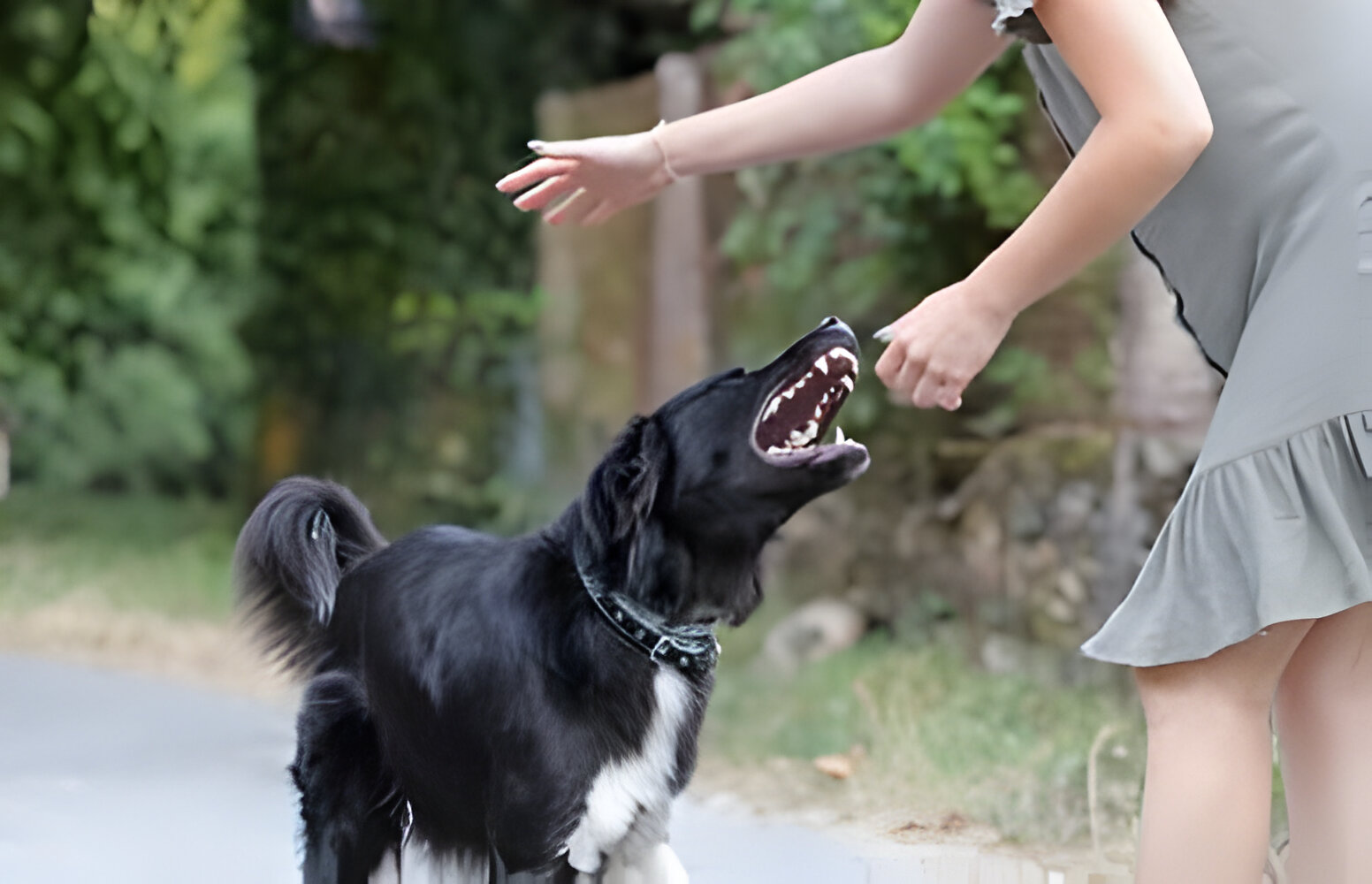Dogs are often considered man’s best friend, loyal companions that offer unconditional love and affection. However, just like humans, dogs can experience various emotions, including anger. It might come as a surprise to some dog owners that their beloved pet can harbor feelings of resentment or frustration towards them. Understanding the reasons behind a dog’s anger can help owners address the issue and strengthen their bond with their furry friend.
Lack of Socialization
One of the most common reasons for a dog’s anger towards its owner is a lack of proper socialization. Dogs not exposed to various environments, people, and other animals during their critical socialization period (usually between 3 and 12 weeks of age) can develop fear and aggression towards unfamiliar stimuli.
When a dog is not adequately socialized, it can become anxious and defensive in new situations or around unfamiliar people, including its owner. This can manifest as growling, snapping, or even biting. To prevent this, it’s essential to expose your dog to different environments, people, and animals from a young age and to continue socializing throughout its life.
Lack of Exercise and Mental Stimulation
A bored and under-exercised dog can become frustrated and exhibit aggressive behaviors towards its owner. Dogs are active animals that need regular physical exercise and mental stimulation to stay healthy and happy. Without adequate exercise, dogs can become restless and develop behavioral issues, such as excessive barking, chewing, and aggression.
Owners should ensure their dogs receive enough physical activity through daily walks, playtime, and interactive toys. Additionally, mental stimulation, such as obedience training, puzzle toys, and scent games, can help keep dogs mentally engaged and prevent boredom-related aggression.
Inconsistent Training and Boundaries
Inconsistent training and lack of clear boundaries can lead to confusion and frustration in dogs, resulting in anger towards their owners. Dogs thrive on consistency and clear communication with their owners. Inconsistent training methods and failure to establish clear rules and boundaries can confuse dogs and make them more likely to exhibit undesirable behaviors, such as disobedience and aggression.
Consistent training, positive reinforcement, and clear communication are essential for teaching dogs appropriate behaviors and preventing anger and resentment toward their owners. It’s important to set clear rules and boundaries from the beginning and to enforce them consistently to establish a strong and respectful relationship with your dog.
Medical Issues
Sometimes, a dog’s anger towards its owner can be caused by underlying medical issues. Pain, illness, and discomfort can make dogs irritable and more likely to exhibit aggressive behaviors. Common medical issues that can cause aggression in dogs include dental problems, arthritis, ear infections, and hormonal imbalances.
If a dog suddenly becomes aggressive towards its owner, it’s essential to rule out any potential medical issues by taking the dog to a veterinarian for a thorough examination. Treating the underlying medical problem can help alleviate the dog’s pain and discomfort and reduce its aggressive behavior.
Past Traumatic Experiences
Dogs that have experienced past traumatic experiences, such as abuse, neglect, or abandonment, can develop fear and mistrust towards humans, including their owners. Traumatized dogs may exhibit defensive behaviors, such as growling, snapping, and biting, to protect themselves from perceived threats.
Rescued and adopted dogs, in particular, may have a history of trauma and require additional patience, understanding, and gentle training to overcome their fear and build trust with their new owners. Creating a safe and supportive environment and using positive reinforcement training methods can help rehabilitate traumatized dogs and help them develop a positive and trusting relationship with their owners.
Attention-Seeking Behaviors
Some dogs may exhibit attention-seeking behaviors, such as barking, jumping, and nipping, to get their owner’s attention and affection. While these behaviors may seem harmless, they can escalate into more aggressive behaviors if not addressed promptly and appropriately.
Ignoring attention-seeking behaviors and rewarding calm and polite behaviors can help discourage unwanted behaviors and encourage dogs to behave appropriately to receive attention and affection from their owners.
Understanding the reasons behind a dog’s anger towards its owner is essential for addressing the issue and strengthening the bond between the owner and the dog. Lack of socialization, inadequate exercise and mental stimulation, inconsistent training and boundaries, underlying medical issues, past traumatic experiences, and attention-seeking behaviors are common reasons for a dog’s anger towards its owner.
By providing proper socialization, regular exercise and mental stimulation, consistent training and clear boundaries, and addressing any potential
medical issues, owners can help prevent and reduce their dog’s anger and build a strong and respectful relationship with their furry friend.
Remember, dogs are sensitive and emotional animals that require love, patience, understanding, and proper care to thrive and be happy. By treating your dog with kindness, respect, and compassion, you can create a loving and harmonious relationship with your beloved pet and enjoy many joyful moments together.

